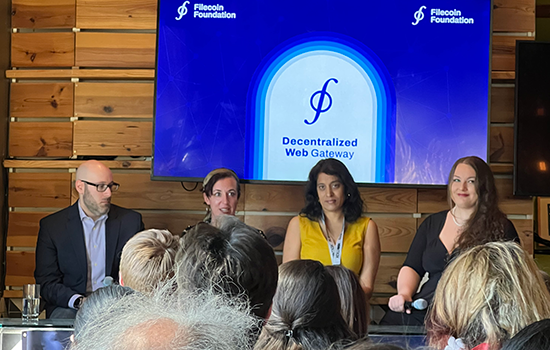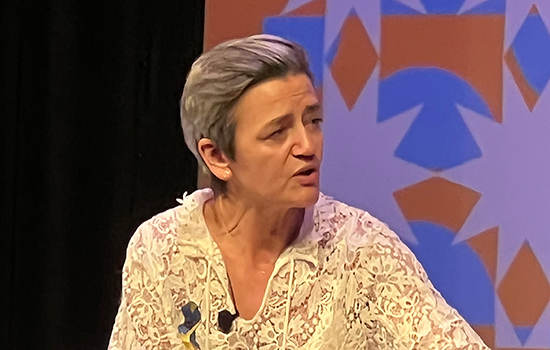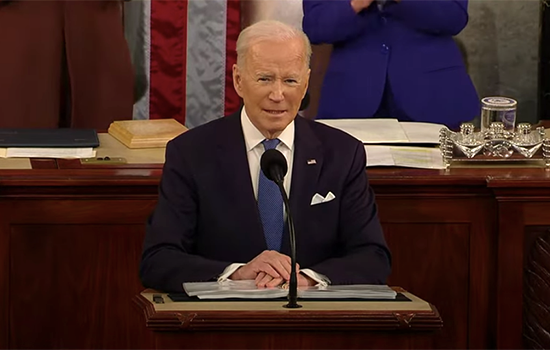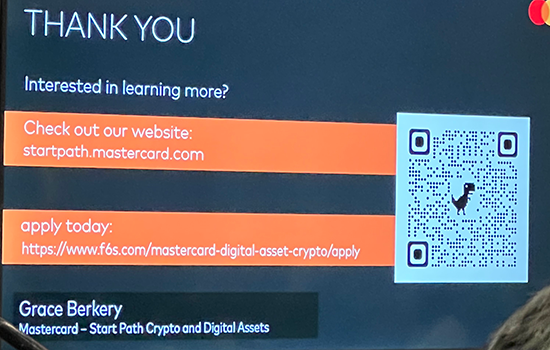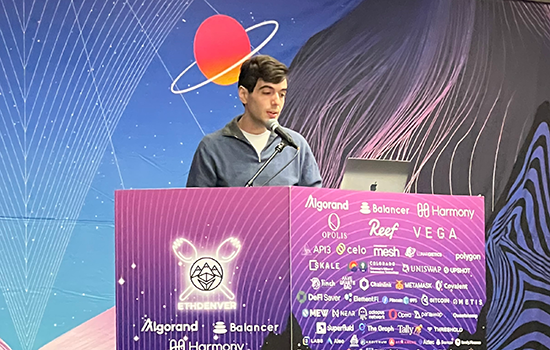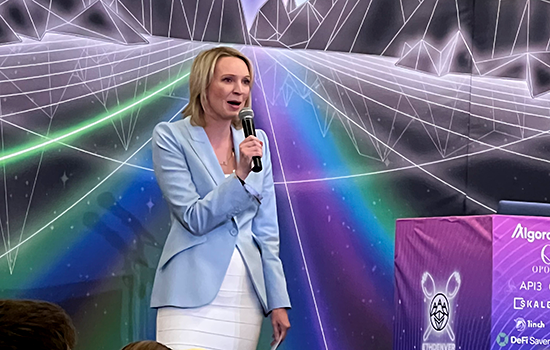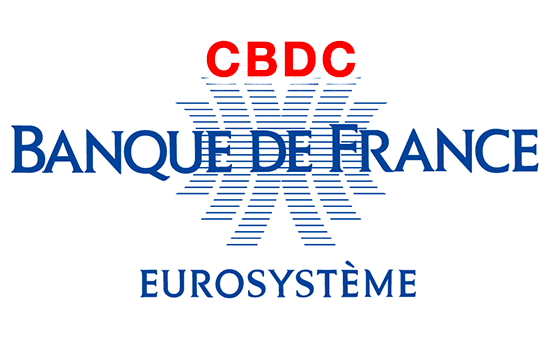Blockchain technology and cryptocurrency were on full display at the recent SXSW festival in Austin, Texas. For the Filecoin Foundation-sponsored track last Tuesday, privacy was a key topic and included a panel discussion titled, “Financial Surveillance in a Cashless Society.”
AML (Anti-Money Laundering) and KYC (Know Your Customer) requirements are ever-growing in the cryptocurrency space especially as the new distributed ledger technology and traditional finance worlds continue to merge. So, where does privacy fit in? A standing-room only audience wanted to know.
Marta Belcher, general counsel of Protocol Labs and chair of Filecoin Foundation, offered some initial thoughts in a crypto context: “There is this myth that privacy is bad and that tools that enable privacy and anonymity are illegal or enable illegal activity. And I think that is fundamentally a very important misunderstanding. Privacy is absolutely critical to civil liberties, as is the ability to transact anonymously.” She pointed to the importance of anonymity as it related to participants in the the Hong Kong protests of 2019-2020 and their anonymous purchase of subway tickets to get to the gatherings.
Continue reading “Financial Surveillance and a Crypto Society Meet at SXSW”

